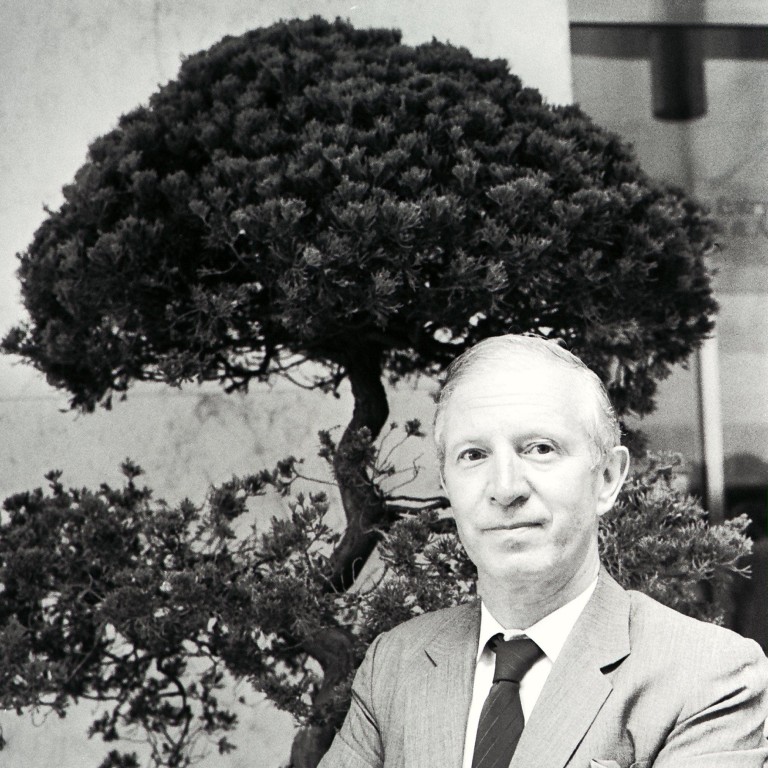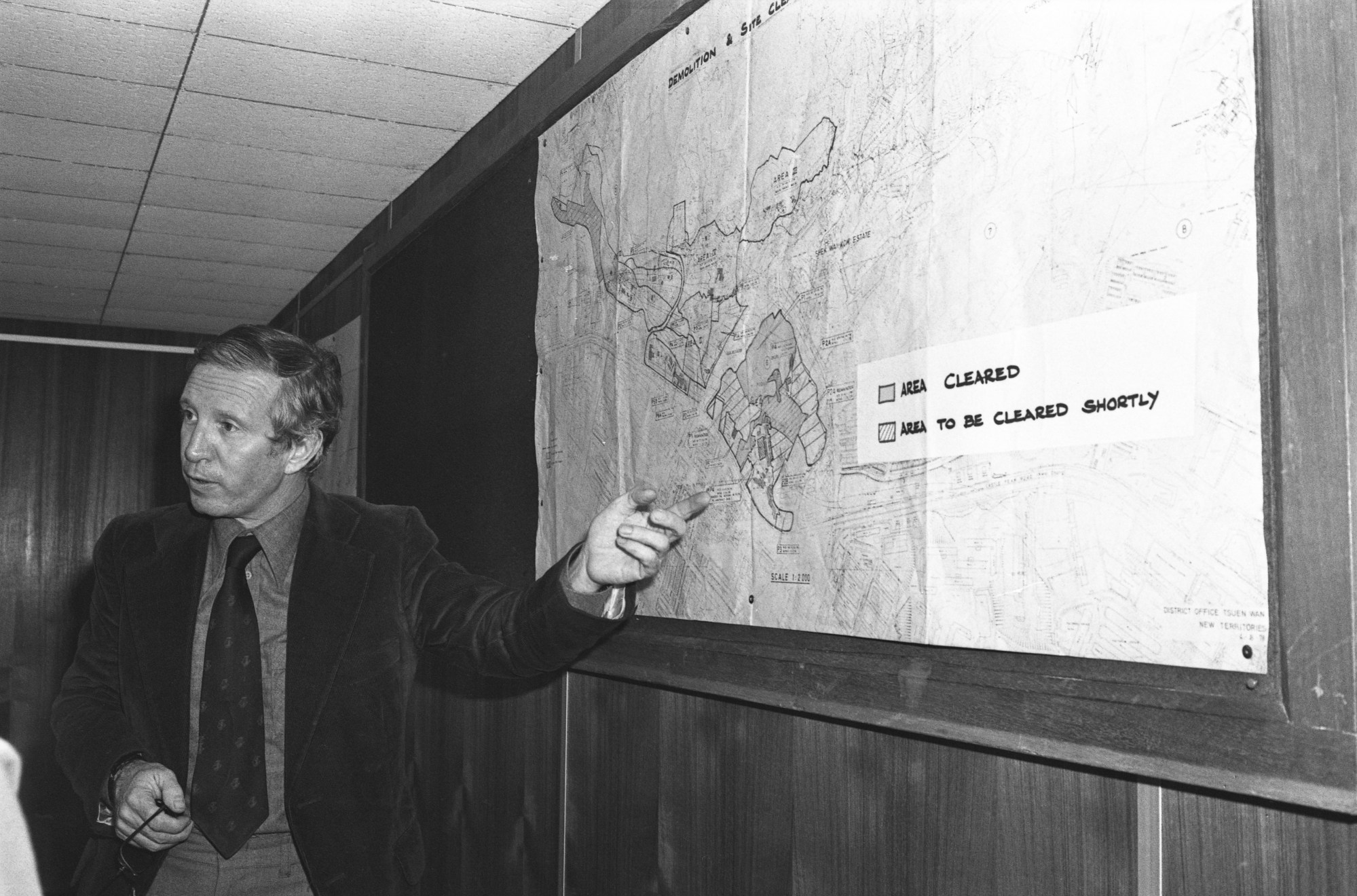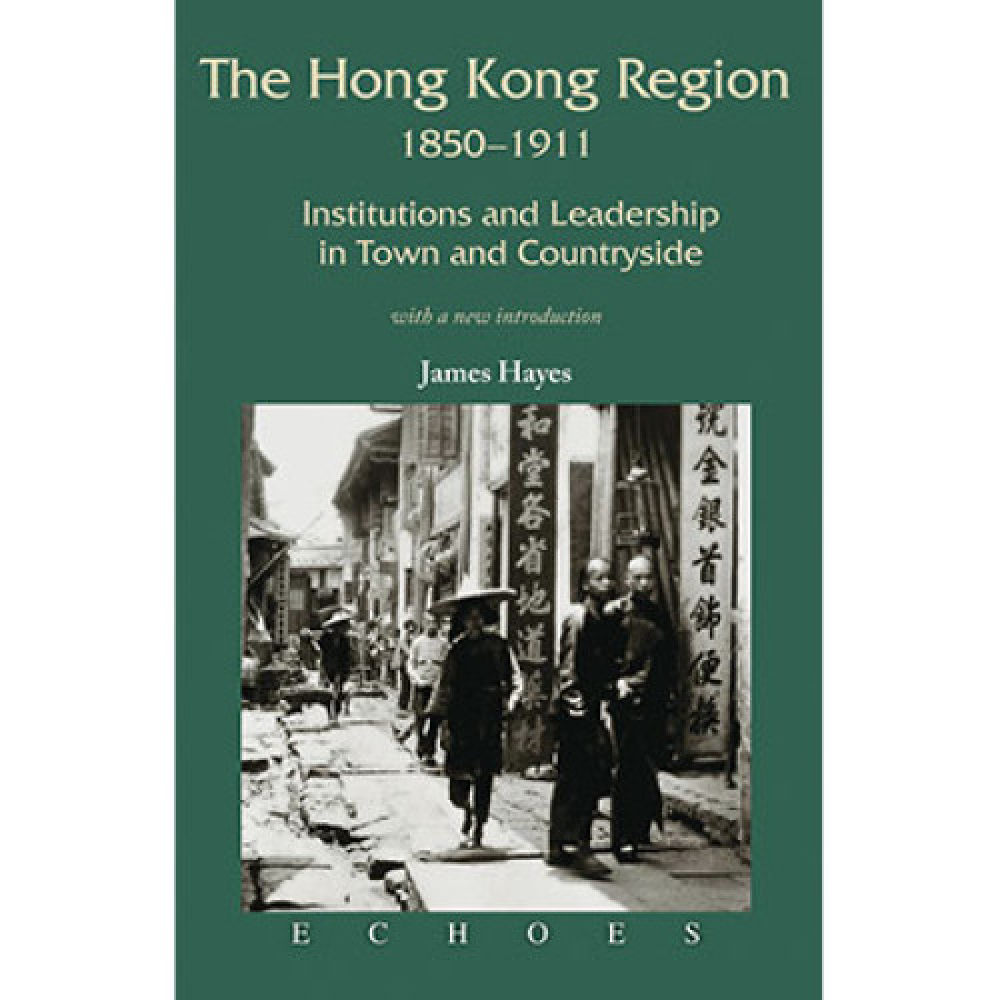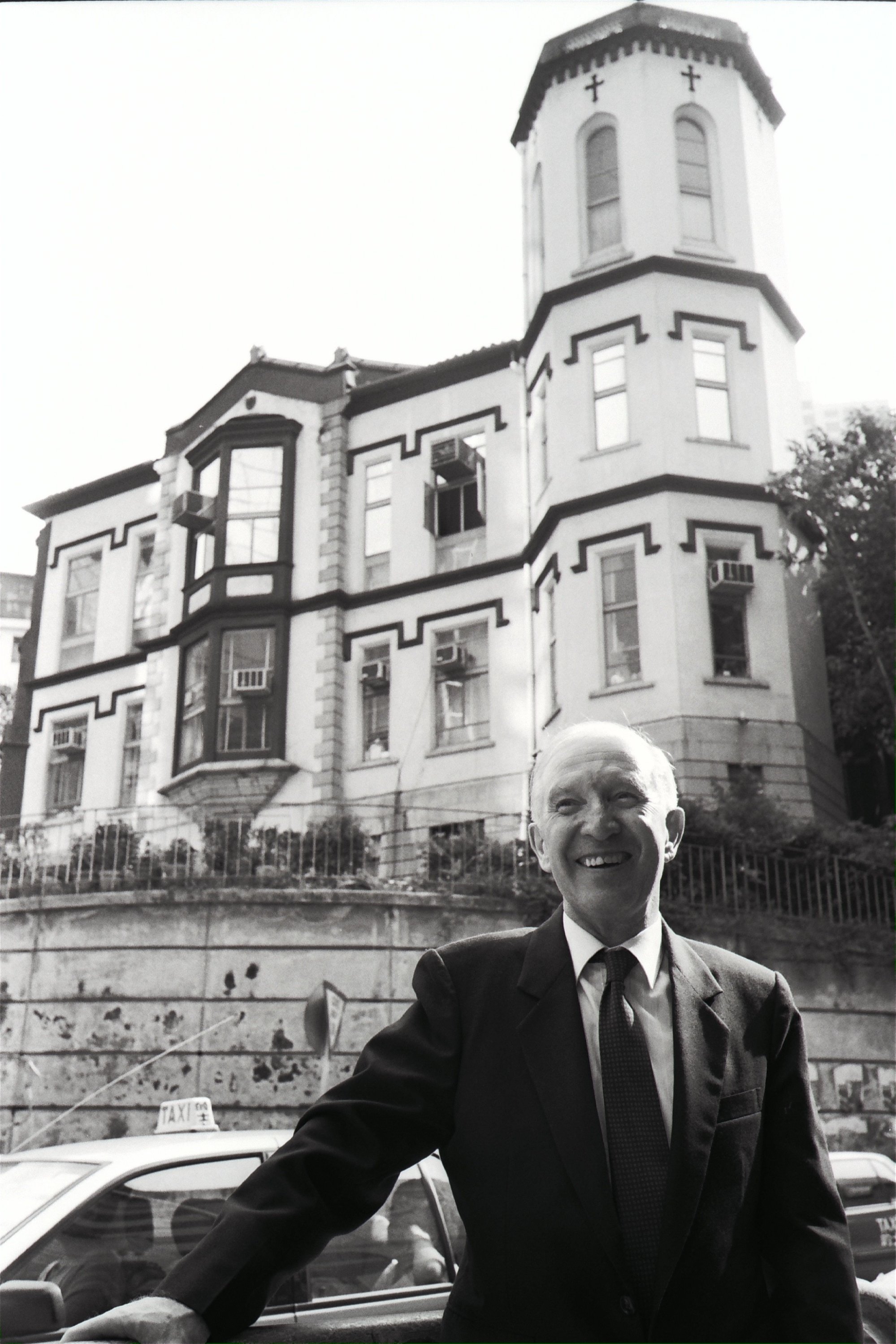
He ‘showed others how to understand what Hong Kong had experienced’: memories of prolific historian and civil servant James Hayes
- James Hayes balanced decades as an administrator in Hong Kong’s New Territories with professional-level scholarship of its history, languages and culture
- Enthusiastic and generous, his output was without equal. Above all, a fellow historian says, Hayes showed an ‘abiding affection for Hong Kong and its people’
James Hayes, the former senior government administrator whose wide-ranging scholarship over numerous aspects of Hong Kong history, culture and society – in particular his beloved New Territories – closely influenced generations of local historians, recently died in Sydney, Australia, aged 92.
Born in Scotland in 1930, Hayes first visited the colony briefly in 1953, as a young British Army officer en route to the Korean war. After national service there and in Gibraltar, and completion of a master’s degree in history, he joined the Colonial Administrative Service in 1956, and was posted to Hong Kong.
Early military connections continued with lengthy service in the Royal Hong Kong Regiment (The Volunteers); until recent years, Hayes frequently marched with the Regimental Association contingent in ANZAC Day ceremonies in Sydney.
After a period of Cantonese language training, Hayes commenced his involvement with the New Territories administration as District Officer South in 1957; a major early responsibility involved resettlement work for villagers displaced by the construction of Lantau’s Shek Pik Reservoir.

Hayes was almost the last of an eminent cadre of British scholar-administrators whose personal research interests in the languages, folk traditions, decorative arts, and traditional ways of life encountered in the places where they lived and worked were both enabled and cross-fertilised by their professional roles.
Extremely dedicated and hard-working, Hayes managed to balance the demands of being a senior government official with serious, professional-level research scholarship, and a publication output that remains without equal in the field of Hong Kong studies.

Actively involved with the Hong Kong Branch of the Royal Asiatic Society for more than five decades, Hayes served as the organisation’s president from 1983 to 1990.
Numerous research articles – subject matter ranging from the pre-British era history of Cheung Chau and South Lantau to hereditary land title claims validated through New Territories ancestral temple inscriptions – were published in the society’s annual journal, which he also found time to edit from 1967 to 1980, in addition to other scholarly periodicals.
Lesser-known, hard-to-locate earlier scholarly papers were eventually compiled and annotated for his last published work, A Pattern of Life: Essays on Rural Hong Kong (2020).

Hayes’ abiding research interest was anything – anything – connected to urban Hong Kong’s hinterland. A posting as district officer and town manager in Tsuen Wan from 1975 to 1982 resulted in Tsuen Wan: Growth of a ‘New Town’ and Its People (1993).
Three other major works – The Hong Kong Region 1850-1911: Institutions and Leadership in Town and Countryside (1977), The Rural Communities of Hong Kong: Studies and Themes (1983), and The Great Difference: Hong Kong’s New Territories and Its People 1898-2004 (2006) – remain essential reading for anyone interested in the New Territories.
Noted for his infectious enthusiasm, throughout his long life Hayes displayed a generous tendency to share the fruits of his research with others.
On a higher level, his concern for the well-being of the people was always first in his mind
Generations of popularly orientated historians and writers, as well as academic researchers whose interests ranged from linguistics and archaeology to anthropology, readily acknowledge his profound personal influence on their work.
Prominent local historian Ko Tim-keung warmly noted that “[…] on a personal level, James was always a great friend and teacher, who showed others how to understand what Hong Kong had experienced in and before his time.
“On a higher level, his concern for the well-being of the people was always first in his mind, and his abiding affection for Hong Kong and its people prevailed throughout his career and his writings.”
After an earlier marriage ended, in 1974 Hayes wed Mabel Wong Chiu-woon, a fellow Hong Kong government administrative officer.
He retired in 1987, and in 1990 the couple moved permanently to Sydney; nevertheless, Hayes continued to research, write and publish extensively on Hong Kong subjects, and until recent years, returned from Australia annually for an extended period.

